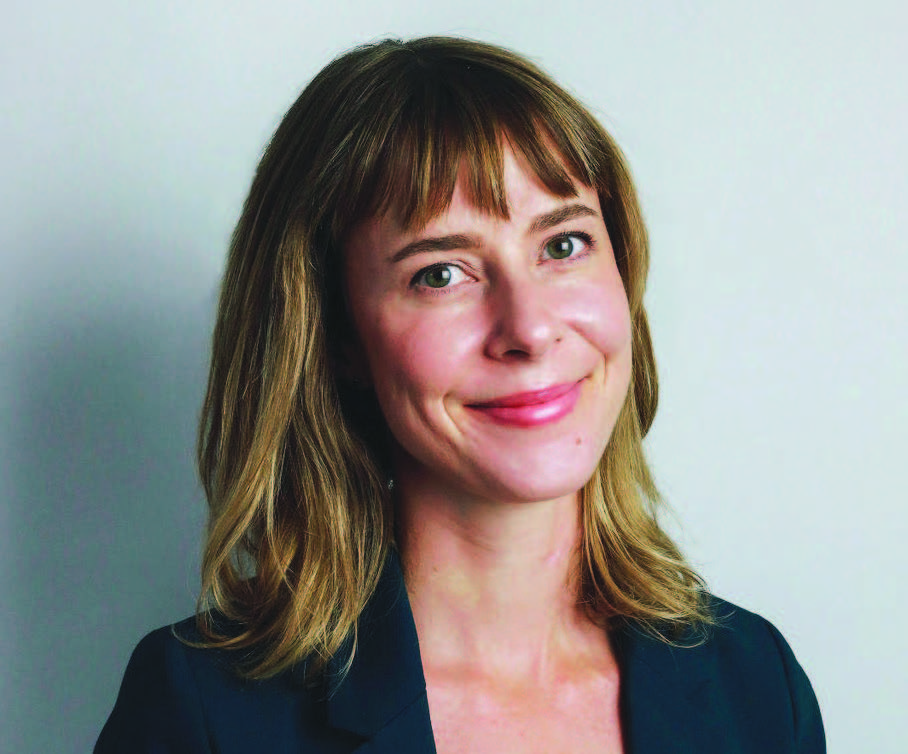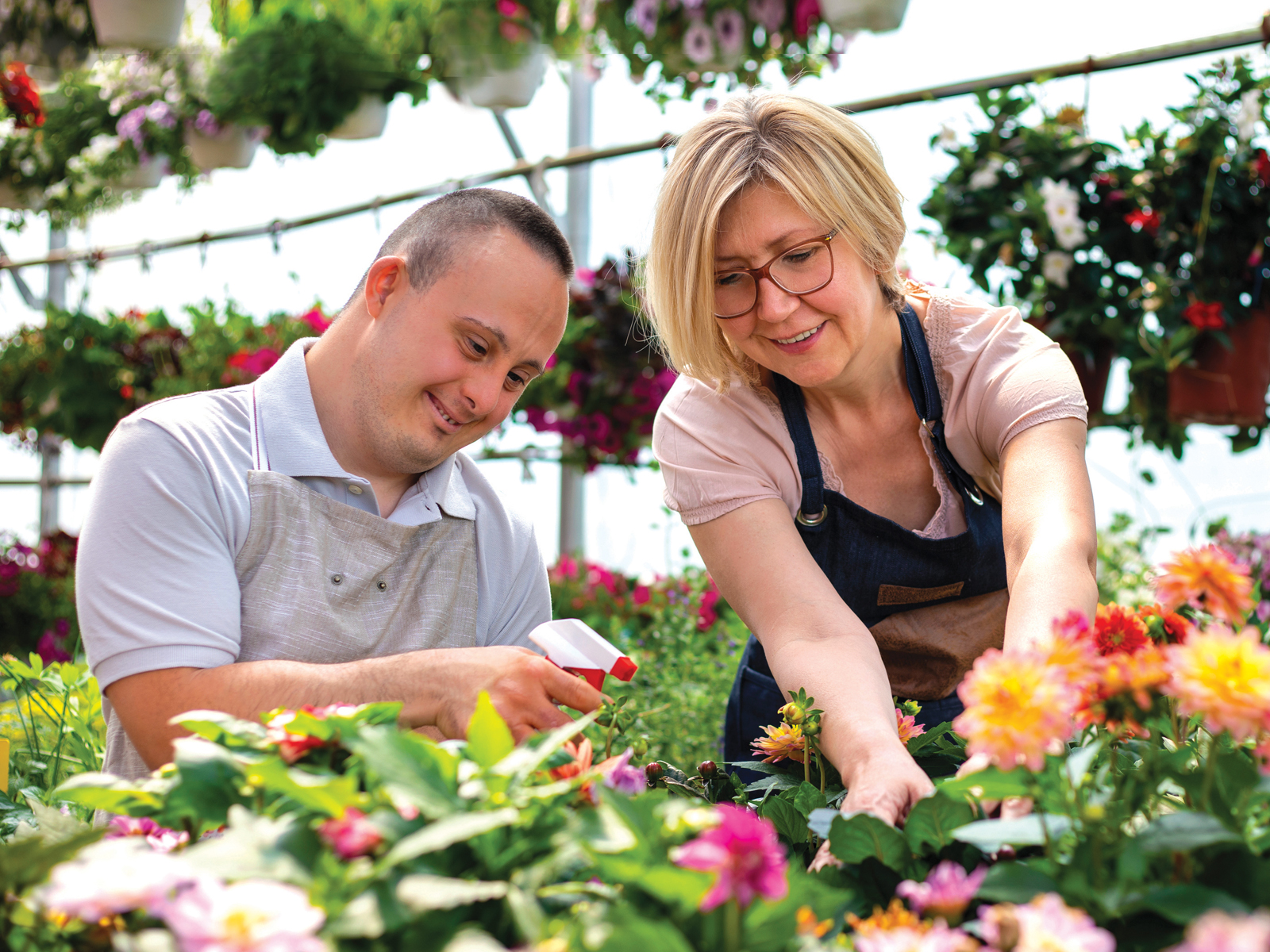It’s time Canada had a disability awakening. Let’s work together for disability without poverty.
By Andrea van Vugt
Earlier this year, at the 93rd edition of the Academy Awards, a movie about an untold American revolution was in the running for one of those shiny gold statues. That movie was Crip Camp: A Disability Revolution, and if you haven’t seen it yet, you should. The movie reveals that if people claim their disabilities, the disability community can unite, take action and make change.
I hit play on the film because I’m a 36-year-old disabled woman, the “R” rating got me curious and, despite the fact that one in five Canadians identifies as disabled, our stories are seldom on the radar when it comes to popular culture.
I loved the film. I loved it so much I watched it twice. And it blew me away the second time, too. Why? Because it encourages people to claim their disability, it exposes disability civil rights history, and it is a reminder that a movement by the people for the people makes all the difference. Now, not only are disabled people on the big screen, but we’re in the room wearing pretty dresses and freshly pressed suits.
We are telling our story
The disability community is the largest minority group in Canada. And—wake up—it’s a minority group that you can become a part of at any point in your life.
I didn’t claim my disability until a decade after my epilepsy diagnosis. Of course, not everyone discloses their disability. Many disabilities are invisible, and disclosure can come at the cost of exclusion and judgement. Thankfully, the rate of exclusion continues to get smaller and our civil rights continue to progress.
There’s more good news on the horizon. For the first time, Canada’s federal government committed to creating a national Disability Benefit in 2020 and elaborated further on the program in the recent federal budget. The mere talk of such an opportunity is a civil rights milestone. Of all the people living in poverty in Canada, 30 percent have a disability.
I’ve lived in poverty on the $16,000/year that I was allotted from various disability benefits and supports. It was a tiring, isolating cycle, yet it made me thrifty, adaptable and empathetic to other marginalized groups. We can’t overcome disability, but a national Disability Benefit could allow people in Canada to overcome poverty and participate more fully in society.
How do we hold our government accountable?
We unite. Whether you’re a person with a disability, differently-abled, disabled, crippled, handicapped, special needs, specially-abled, diffabilitied, Deaf, deaf, simple, special, gimp, impaired… I could go on and on. You. You know who you are. Let’s take inspiration from Crip Camp and the disability-powered movements that created Bill 504 and the Americans with Disabilities Act.
It’s time Canada had a disability awakening too.
Creating a national Disability Benefit is an ambitious task. There are differences between federal and provincial supports, and each province runs its own system of benefits separately, so a national benefit will be challenging to coordinate. There are many pieces to the puzzle, but if there’s anything I’ve gained from COVID-19 isolation, it’s a new love of puzzles.
Crip Camp didn’t end up winning the Oscar, but it shared the inspiring history of a revolution that established disability rights in the USA and its message continues to resonate around the world. It’s time for the disability community in Canada to follow suit and claim our crip, so we can unify our movement and be heard.
Let’s go for it. Claim your disability (if you have one), watch the film (it’s available for free on YouTube and it streams in Canada on Netflix), and let’s work together for disability without poverty in Canada
Andrea van Vugt is a disability advocate from Calgary, Alberta. She is the founder and president of the Disability Pride Alberta Foundation, a consultant for the Canadian Disability Benefit Initiative, and she is working towards a master’s degree in community development.














